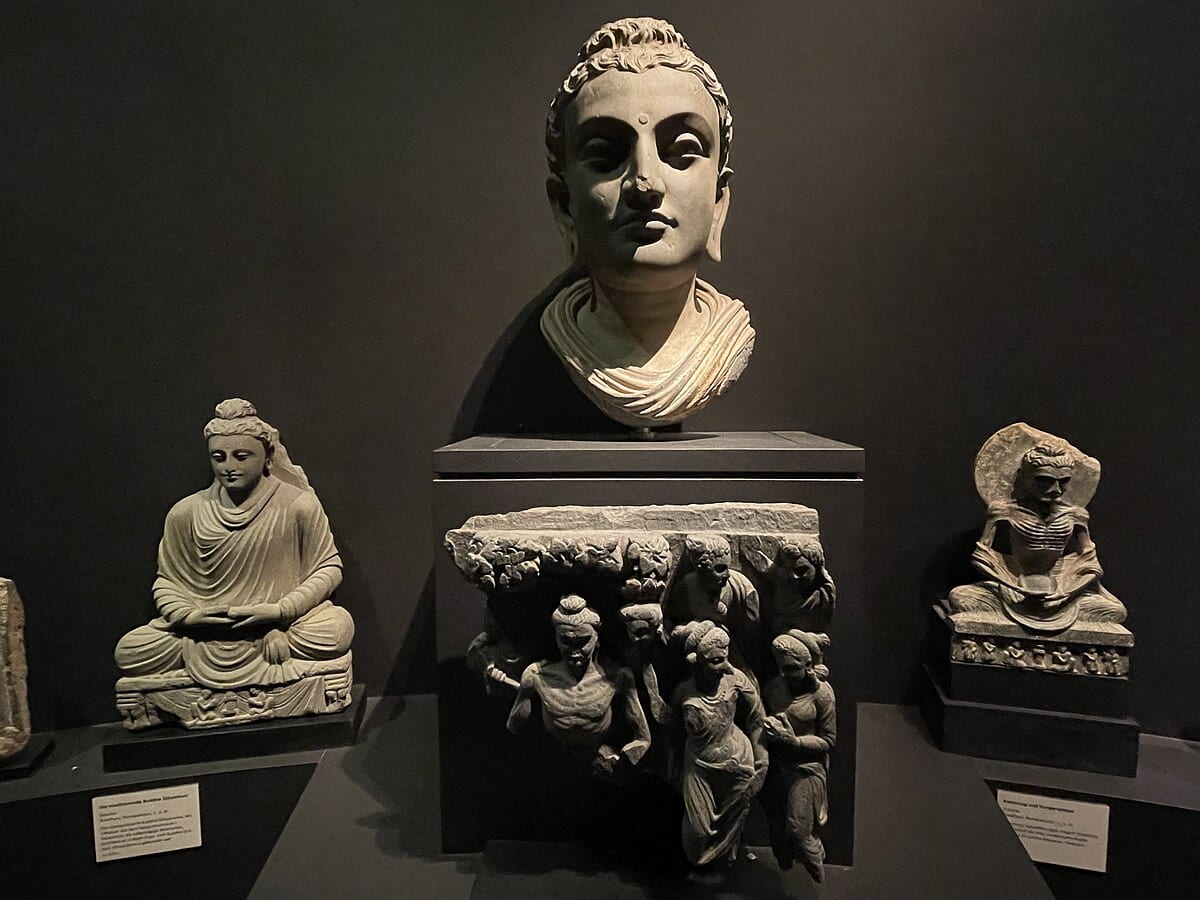The centrality of archaeology in articulating and espousing the politics of nation states as also erstwhile empires is today undeniable. The history of archaeological research and practice is replete with cases where material culture has been used to produce origin myths, shared imaginaries of communities simultaneous with consolidating an image of the ‘other’…
… it was important to weave together a narrative of the nation and its people using archaeological objects and combining “scientific truths” about these objects with elements of fiction …
The creation of the two new nation states of India and Pakistan in the immediate aftermath of the Partition of 1947 provided an immediate impetus to these concerns of narrativization. The irony of the situation was of course the fact that both the nation states were creations of the politics of 1947, with their newly drawn geographical boundaries. Yet, there were interesting ways in which this irony was worked around. Even more interesting were the ways in which archaeology came to be employed in such constructions …
The issue is the fragility of religious nation-states vs their ancient artefacts. If (say) the UK is happy to protect ancient artefacts against insane religious zealots of X country against destruction of XYZ, the I’m 100% behind the UK.
I am sure the United Kingdom, among others, may indeed be happy to steal other cultures’ artefacts, in deviation of international treaties.


